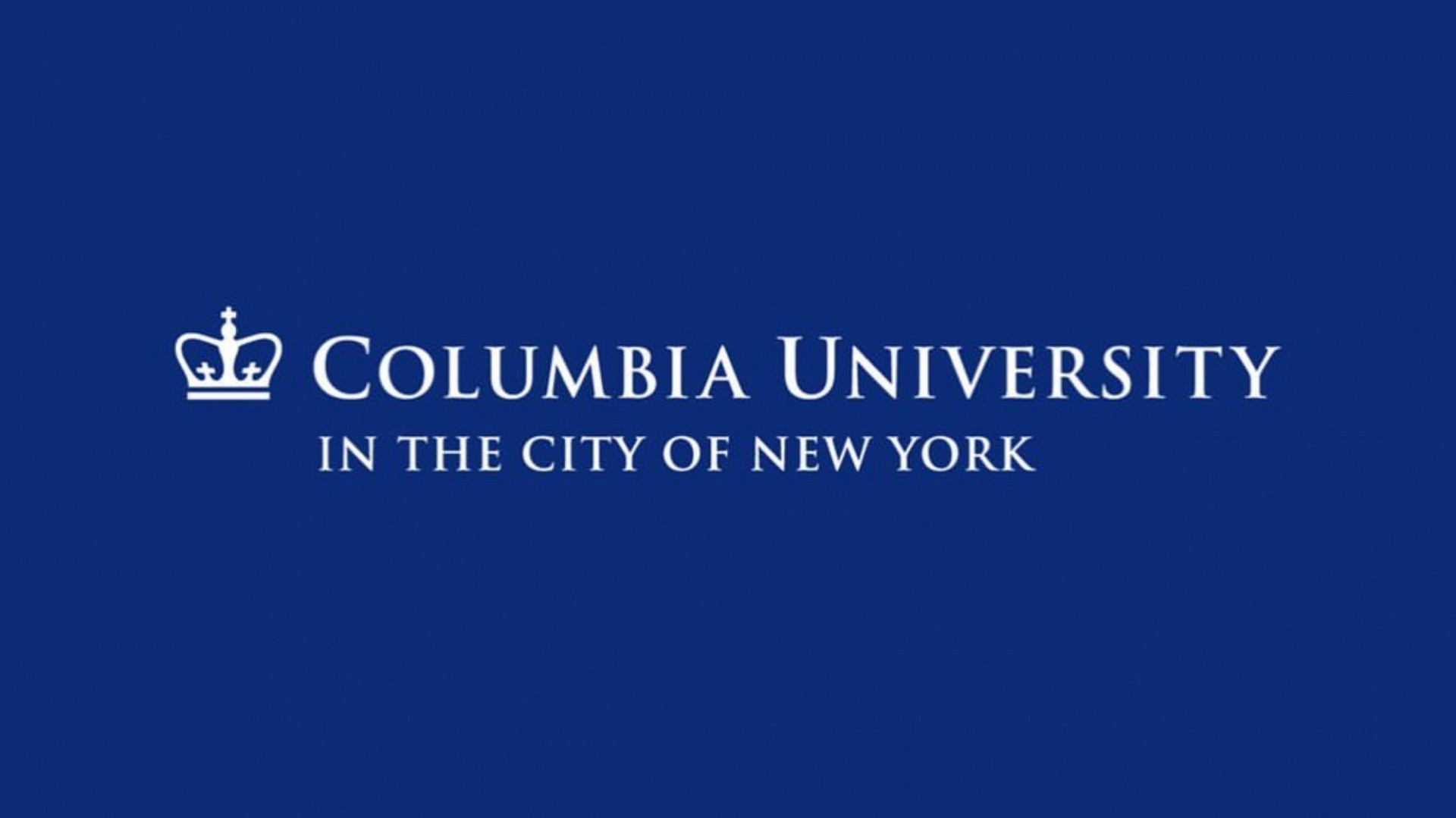Statement from Columbia University President Minouche Shafik

To the Columbia University community:
This morning, I had to make a decision that I hoped would never be necessary. I have always said that the safety of our community was my top priority and that we needed to preserve an environment where everyone could learn in a supportive context. Out of an abundance of concern for the safety of Columbia’s campus, I authorized the New York Police Department to begin clearing the encampment from the South Lawn of Morningside campus that had been set up by students in the early hours of Wednesday morning.
I took this extraordinary step because these are extraordinary circumstances. The individuals who established the encampment violated a long list of rules and policies. Through direct conversations and in writing, the university provided multiple notices of these violations, including a written warning at 7:15 p.m. on Wednesday notifying students who remained in the encampment as of 9:00 p.m. that they would face suspension pending investigation. We also tried through a number of channels to engage with their concerns and offered to continue discussions if they agreed to disperse.
I regret that all of these attempts to resolve the situation were rejected by the students involved. As a result, NYPD officers are now on campus and the process of clearing the encampment is underway.
Protests have a storied history at Columbia and are an essential component of free speech in America and on our campus. We work hard to balance the rights of students to express political views with the need to protect other students from rhetoric that amounts to harassment and discrimination. We updated our protest policy to allow demonstrations on very short notice and in prime locations in the middle of campus while still allowing students to get to class, and labs and libraries to operate. The current encampment violates all of the new policies, severely disrupts campus life, and creates a harassing and intimidating environment for many of our students.
Columbia is committed to academic freedom and to the opportunity for students and faculty to engage in political expression—within established rules and with respect for the safety of all. The policies we have in place around demonstrations are in place to support both the right to expression and the safety and functioning of our university.
Prior to taking this action, I complied with the requirements of Section 444 of the University Statutes.
This is a challenging moment and these are steps that I deeply regret having to take. I encourage us all to show compassion and remember the values of empathy and respect that draw us together as a Columbia community.
Sincerely,
Minouche Shafik
President, Columbia University in the City of New York